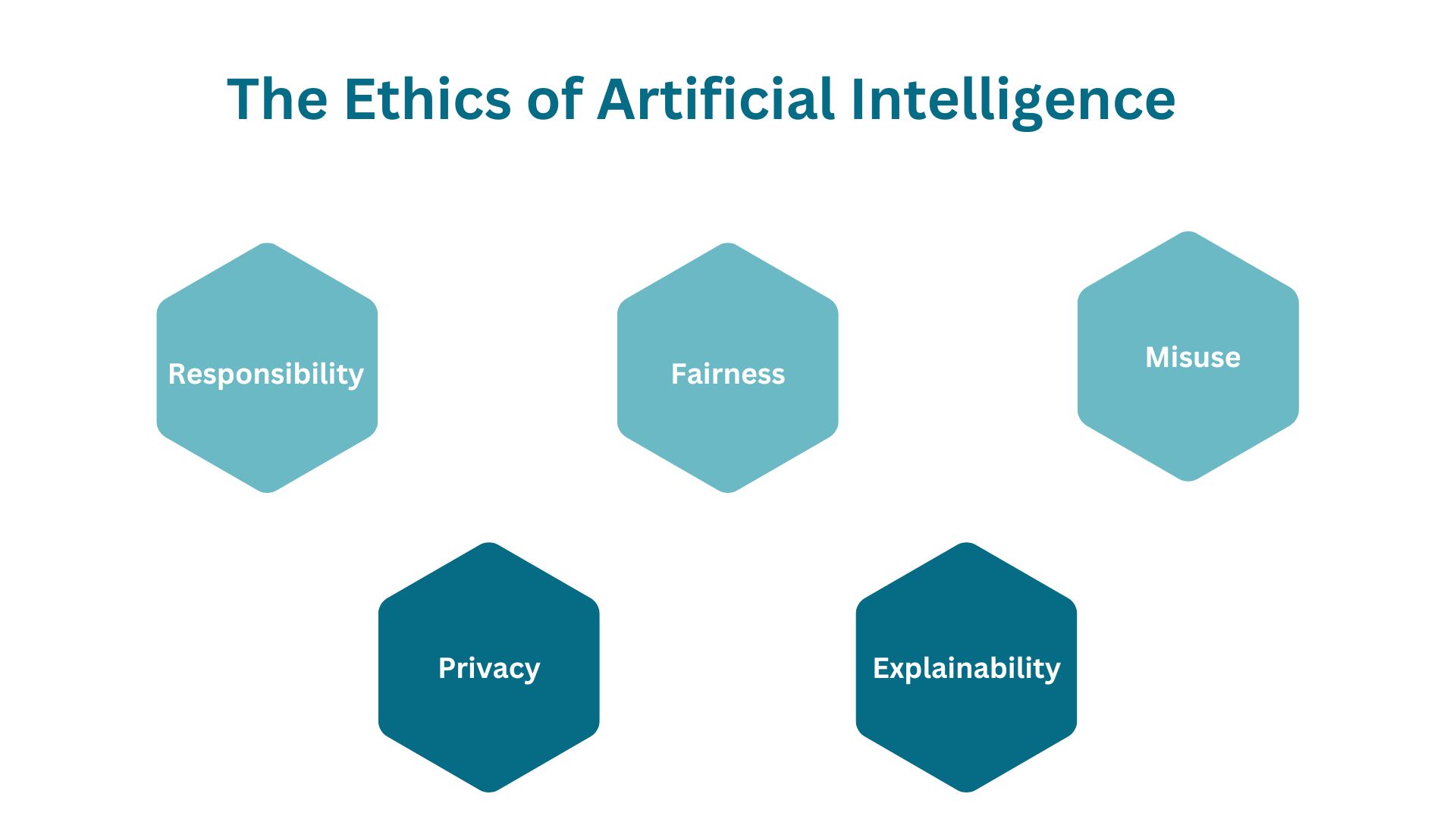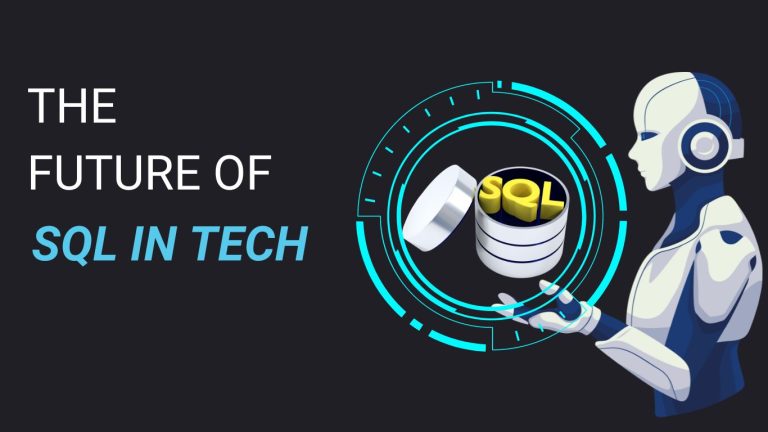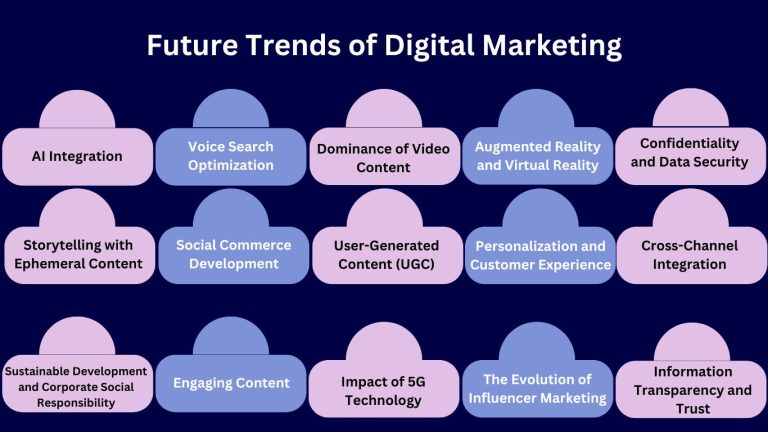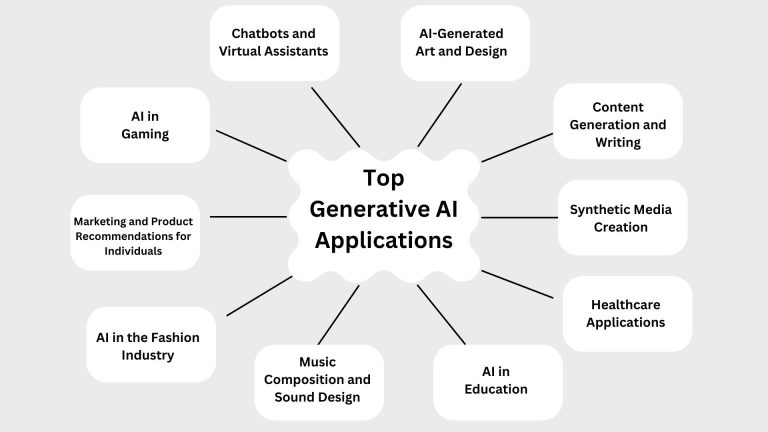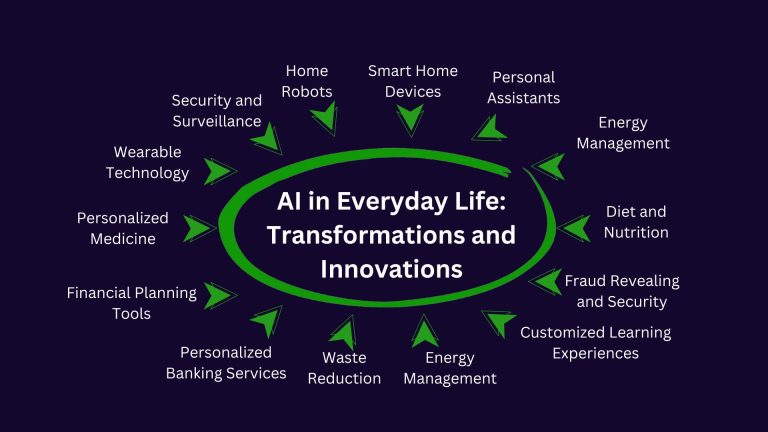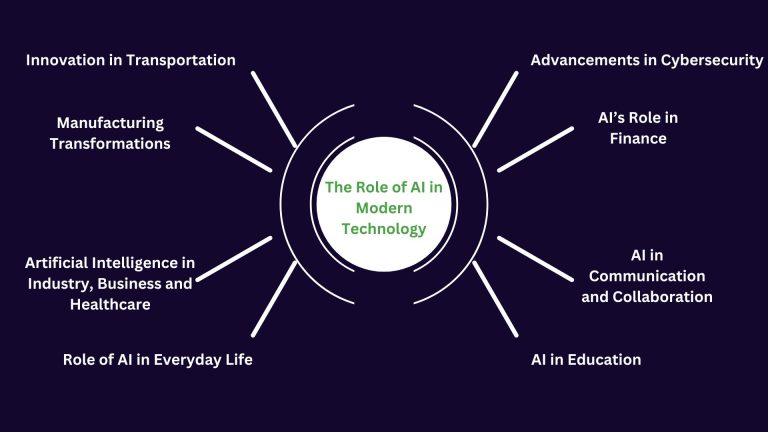The Ethics of Artificial intelligence in 2024 : Balancing Innovation with Responsibility
Discover the key considerations ethics of Artificial Intelligence in current era , from responsible development to transparency and its impact on society. See how ethical AI practices are driving innovation in various industries
Appreciative Ethics of Artificial Intelligence
if we ara talking about Appreciative Ethics of Artificial Intelligence Ethics can be defined as a system of moral values that determine the difference between right and wrong; this is the basis of AI ethics, which is a complex field that focuses on the advantages of artificial intelligence while minimizing its drawbacks and possible negative consequences.
Ethics of Artificial Intelligence covers many aspects such as data governance and protection, non-discrimination, interpretability, resilience, openness, resource efficiency, diversity, autonomy, values alignment, reporting and trust. This article gives a detailed insight into the current state of AI ethics in the industry.
Ethics of Artificial Intelligence
if we are talking about ethics of artificial intelligence Since the emergence of big data, organizations have struggled to implement automation and data-driven decision-making aimed at value-added professional outcomes. However, these efforts can sometimes have unknown side effects, particularly when applications based on artificial intelligence are created with insufficient pre-research or with biased data sets. Since AI is a technology developed by human beings to mimic, enhance or substitute the human brain, it relies on large amounts of various data to produce information. It has been established that AI projects that are ill-thought-out or based on inadequate or biased data can lead to undesired and sometimes adverse consequences. However, the fast advancement in algorithmic systems has in some instances made it difficult to understand the logic behind the AI-derived results thus relying on systems whose decision-making is not easily comprehensible despite having profound impacts on society.
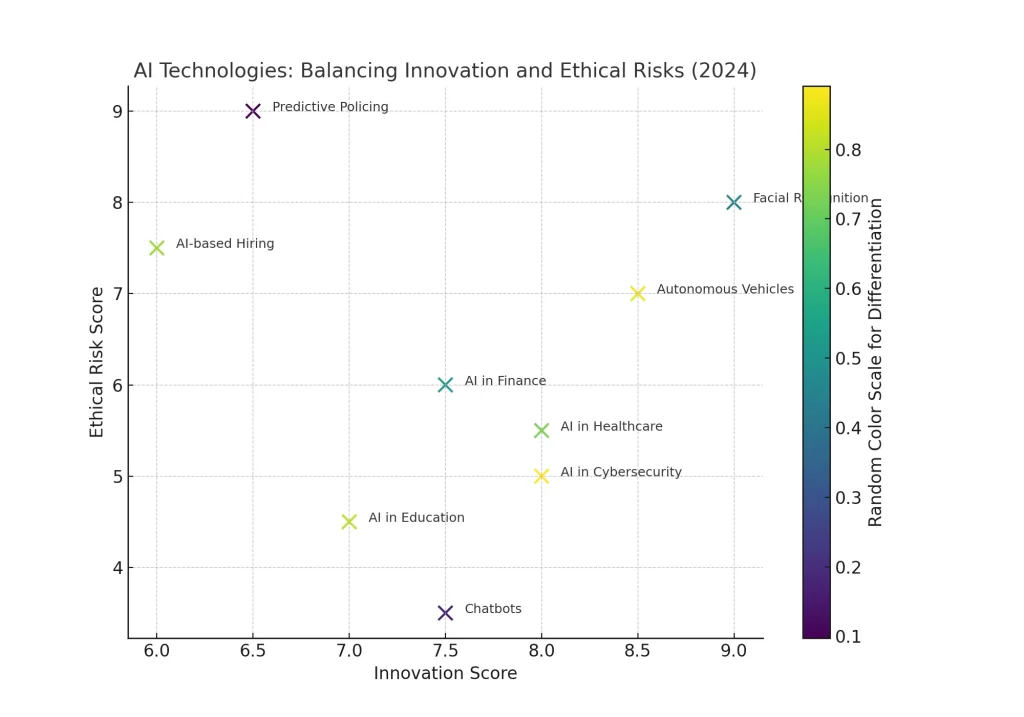
Ethical Issues in the Use of Artificial Intelligence
Administrations face several critical ethical challenges when implementing AI technologies . we must consider these ethics of artificial intelligence in current era .
Explainability
When AI systems generate negative or undesired results, the teams need to understand the intricate chain of operations and data flows to find out the origin of the problem. There is a need to make sure that organizations can justify the sources of data, the operations of the algorithms, and the processes that lead to AI decisions.
Responsibility
Society is yet to determine who is to blame when these AI systems make wrong decisions that result in loss of property, health complications, or even loss of lives. The question of who is to blame for AI’s decisions requires the involvement of legal and regulatory personnel, AI programmers, ethicists, and the public. One of the major issues is to determine the risks and benefits of using AI systems and products.
Fairness
To avoid reinforcement of bias, it mustn’t be present in datasets with PII, and where race, gender, or ethnicity bias is present, it has to be removed.
Misuse
It is also possible to misuse the AI algorithms and use them for purposes other than those they were initially designed for.
Privacy
while talking about ethics of artificial intelligence privacy play important role . It is another major ethical issue. It is crucial to prevent the leakage of such information to the public since it can significantly erode people’s confidence in the organization. The loss of data and its misuse can lead to dire consequences in the lives of people and society. The effective use of AI should be guided by the use of data and the protection of individual rights and freedoms.
AI can be employed for cruel intent. Self-acting weapons systems, for instance, quick deep ethical issues regarding the character of war and the position of human beings in the decision-making process. It is a requirement for the world that AI is created and implemented for peace.
It can also deprive some workers of their jobs although it can also open new employment opportunities for the people. To meet this challenge, it is necessary to develop a strategy for training and education, as well as the state policy for a transition to an AI-based economy.
Key Ethical Considerations for AI Development and Deployment
- Bias and Fairness: Making certain that no AI system discriminates against people and makes a fair treatment of every person.
- Transparency and Explainability: Ensuring that users can comprehend and articulate the functioning of AI systems.
- Privacy and Data Protection: Privacy and security of personal information and individuals respectively are of major concern.
- Safety and Reliability: Designing artificial intelligence systems that are safe and that will not cause destruction.
- Accountability: It is about defining accountability for different decisions and consequences related to AI.
- Job Displacement and Economic Impact: Minimizing negative outcomes and developing positive results for people at work.
- Autonomous Weapons: Answer back to the ethical issues of lethal autonomous weapons systems.
- Human-AI Interaction: AI system design for secure human-robot cooperation.
In this way, it is possible to define the key ethical challenges and address them before they lead to negative consequences that can harm people and society in general, hence making AI a positive force in society these are top Key Ethics of artificial intelligence .
Final Words
The integration of artificial intelligence and robotics is rapidly transforming industries and societies as never before that why we must consider ethics of Artificial intelligence . The combined capabilities of these two fields present a huge opportunity to address the world’s issues and enhance the standard of living. Nevertheless, one must acknowledge the fact that this partnership should be established with a great deal of responsibility and ethical consideration. It is possible to use the potential of AI and robotics to avoid adverse outcomes that can negatively affect the relationships between people and society.
Artificial Intelligence transforming Learn About Artificial Intelligence

